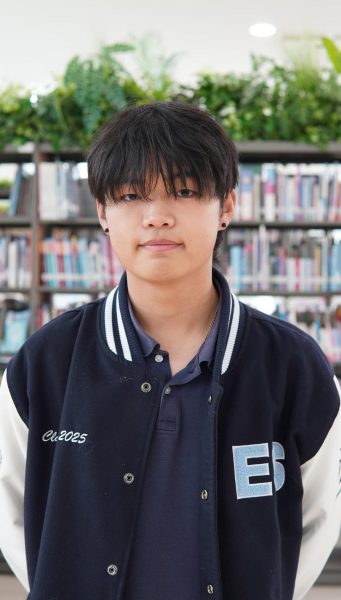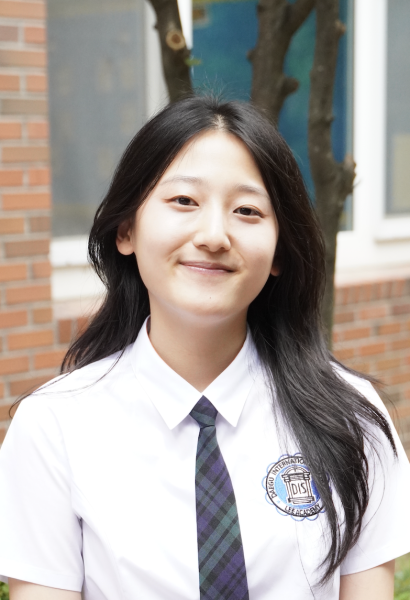
For the past three school years, advisory seeped into the everyday life of middle and high school students. The twenty-minute period provides students with time to develop social and emotional intelligence, catch up on school news, learn about digital safety, and prepare for college admissions.
On paper, advisory offers clear-cut benefits. The class helps students develop life skills such as social awareness, problem-solving, personal data and digital reputation management, and also gives tips on how to avoid harmful and illegal content. Additionally, the class allocates time for colleges and universities to host panels and discussions for high school students to introduce them to new schools and experiences.
Not to mention, the advisory period also helps relieve academic stress and pressure. The casual, conversation-driven atmosphere allows students to take a breather between classes. The weekly wellness and health days also teach students different ways to relax and destress. “I really like the Wednesday mindfulness that we do. We get to chill a little bit and get rid of the stress that we’ve had throughout the week,” said senior Juan Cortez.
Advisory policies differ on an individual basis, as all policies ultimately come down to the supervisor’s decisions. Some periods maintain assigned group seating while others allow students to choose their own spots. Mrs. Lopez, a 7th-grade SEL advisor, said, “I have them put their phones away and make them participate in our discussions. It’s a balance between being strict and flexible. We also have assigned seats that we change two or three times per semester.”
However, all advisories follow a given schedule and lesson plan. The school assigns two teachers to each grade: one for SEL and one for digital citizenship. Teachers rotate on a weekly basis, with each week divided into five classes. Mondays and Tuesdays are designated as lesson days with worksheets, lectures, and student discussions about a set topic. Wednesdays serve as a time for health and wellness, which includes mindfulness practices, while Thursdays are dedicated to activities led by lunch clubs and teachers to promote team-building. Fridays are reserved for Jets media, and students are required to read articles on the Flyover site and watch the Jet Stream.
Problems arise with a lack of engagement. Distracted students remain an issue even in advisory, as they often engage in conversation with nearby peers or simply play on their phones. “In the beginning, they do pay attention. As time passes, though, they sometimes start to lose interest, especially if the lesson isn’t that fun,” said Mr. Zhao.
While various factors contribute to student inattention, one major reason lies at the root of the issue: dull lesson plans create bored students. Many SEL and digital citizenship assignments consist of irrelevant exercises below students’ levels. “Some of the information taught during advisory is too obvious. It’s knowledge that all of the students already know,” said senior David Cho.
Then how must DIS address this issue? The answer is simple: a greater variety of resources, more tailored to our students. Instead of irrelevant exercises that are too easy for older students, advisories ought to teach magnetic lessons more relevant to DIS students. “We should get more resources, not only from one site. That way, teachers can choose to find a more engaging lesson with other options if an activity is not very fun,” said Mr. Zhao.
Some teachers share a similar sentiment. “If we really want to make this time meaningful for students, we need to try to adapt the program that we use to the reality of our students. Sometimes, I feel like the content doesn’t really have a relation with our students. We always need to make efforts to connect with the students,” said Mrs. Lopez.
With more relevant lesson plans and materials, advisories can maximize their potential to help students academically, socially, and emotionally. The relatively new period is sure to see new innovations and improvements as time passes, and the future of DIS’s advisory looks bright.




















































GG • Jan 11, 2024 at 6:30 pm
Advisory lessons are really good but too easy for our grades. Even though, i love advisory!
Aiden • Jan 11, 2024 at 6:27 pm
I think that the advisory plan is very effective and I think that everyone’s opinions are also cool.
Aiden • Jan 11, 2024 at 6:25 pm
I think the advisory plan is very effective and I think everyone’s opinions are also cool.
Yujun Piao • Jan 11, 2024 at 6:24 pm
I agree that advisory period has a large potential, but the lessons right now are sometimes too obvious. I would like to learn something useful during advisory, and I would assume teachers would also like to teach something helpful for students.